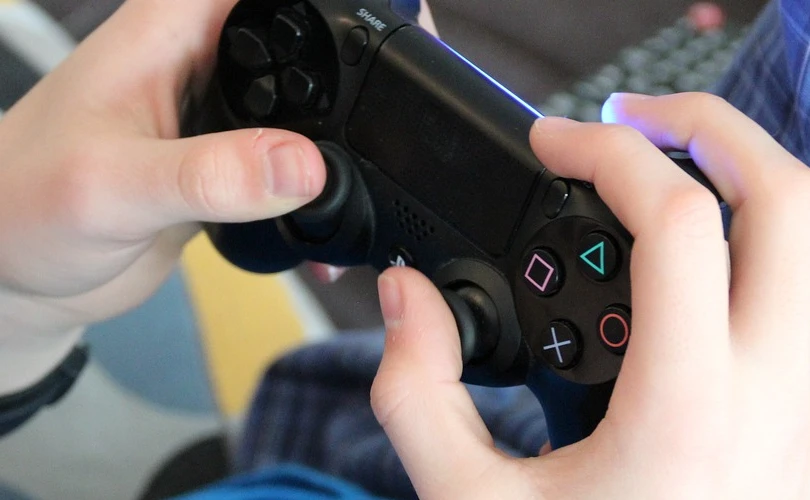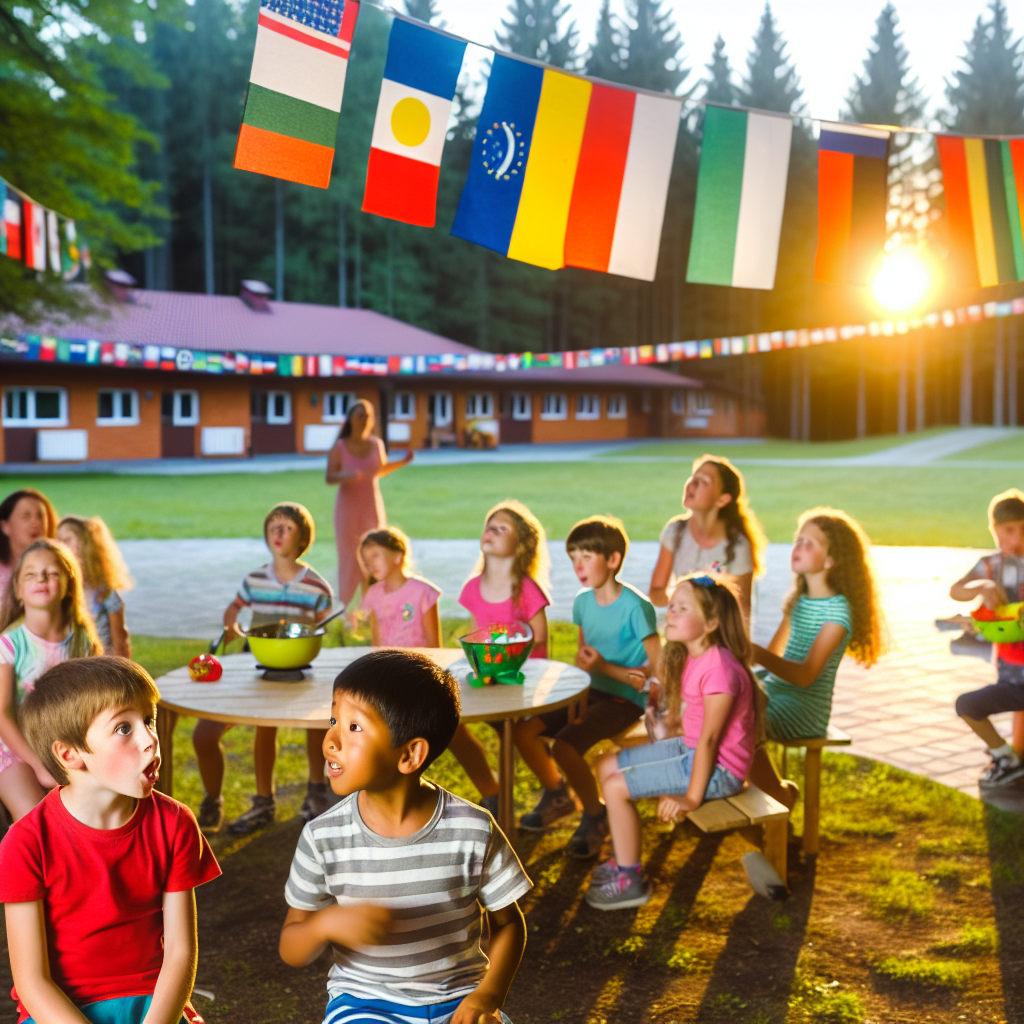Premium Language Immersion Programs
Introduction
The world is more connected than ever before. With the rise of global travel, digital communication, and international business, being multilingual is no longer just an asset—it’s a necessity. For affluent families who want to give their children the highest quality start in life, premium language immersion programs are rapidly becoming an essential educational investment rather than just a supplementary experience. These elite programs offer far more than traditional language instruction; they provide a holistic and immersive environment where children not only learn a new language but also gain deep cultural fluency, global awareness, and cognitive benefits that last a lifetime.
For parents of means, traditional schooling often feels insufficient when weighed against the needs of the future global citizen. Premium immersion programs answer that call. Whether located in bustling cosmopolitan cities or serene academic retreats, these institutions boast native-speaking educators, specialized curricula, and globally recognized pedagogical frameworks such as the International Baccalaureate (IB) or the European Council of International Schools (ECIS). They combine state-of-the-art facilities, exclusive access to internationally diverse student bodies, and the kind of personalized attention unimaginable in mainstream settings.
These offerings often start in early childhood education—where language acquisition is most effective—and continue through secondary education. Linguists and child psychologists agree that early exposure to multiple languages greatly enhances fluency and accent acquisition, while also boosting mental flexibility, problem-solving skills, empathy, and even math aptitude. What sets premium language immersion programs apart is their unwavering commitment to curricular excellence, cultural competence, and tailored support for gifted learners.
Moreover, many of these institutions operate international campuses or exchange programs that allow seamless academic transitions between countries, perfect for families who split time across continents or value international mobility. Some partnerships even guarantee preferential placement in top-tier universities around the globe. For the cultivated parent eager to craft a legacy of intellect, refinement, and worldly prowess in their offspring, choosing a premium language immersion program may very well be one of the most strategic educational decisions of a lifetime.
The Science Behind Language Immersion
Research from the American Council on the Teaching of Foreign Languages (ACTFL) highlights that early language immersion not only leads to superior language proficiency but also results in higher performance in other academic disciplines, particularly mathematics and critical thinking skills. Children immersed in bilingual environments demonstrate more cognitive flexibility because their brains are regularly switching between structures, vocabulary, and meanings in two or more languages. This mental agility transfers across disciplines and becomes a lifelong skill.
A landmark study by Harvard University found that bilingual children have more dense gray matter in the anterior cingulate cortex, the area of the brain involved in executive function such as reasoning, problem-solving, and focusing attention. This underscores the intellectual impact of early language immersion and connects multilingualism with enhanced decision-making and multitasking abilities—skills crucial in today’s rapidly evolving world.
From a socio-emotional development standpoint, children in language immersion programs display higher levels of empathy and cultural openness. According to the Center for Advanced Research on Language Acquisition (CARLA), language learners develop a deeper understanding of other ways of life and thus exhibit a stronger capacity for diverse interpersonal relationships. In a premium setting where languages are taught alongside traditions, art, history, and global current events, these soft skills are nurtured in a curriculum that emphasizes mutual respect and global citizenship.
Furthermore, professionals in developmental psychology agree that exposure to more than one language increases metalinguistic awareness—the ability to think about and analyze language as an abstract system. This skill becomes particularly useful in mastering grammar and syntax not just in second languages, but also in one’s native language. Children who understand how languages function structurally often outperform monolingual peers in verbal reasoning tests and literacy assessments.
For example, elite schools such as the Lycée Français de New York or the German International School Washington D.C. follow internationally recognized academic methodologies within immersive language frameworks. These institutions report better college admission statistics, higher fluency levels by middle school, and greater student resilience during cross-cultural transitions.
Medical professionals, particularly pediatric neurologists, also endorse early multilingual exposure. According to Dr. Ellen Bialystok, a leading researcher in cognitive development and bilingualism at York University, bilingual children outperform monolingual peers in critical thinking assessments and even show delayed onset of age-related cognitive decline. This research reinforces not only the cognitive but also the long-term neurological advantages of raising bilingual children.
In essence, the advantages are not simply linguistic—they are neurological, interpersonal, academic, and lifelong.
Conclusion
Premium language immersion programs offer more than an elite education—they provide access to a global mindset, critical cognitive benefits, and an unparalleled foundation for future success. For the discerning parent, investing in such a program represents more than just acquiring fluency in multiple languages—it’s about preparing children to lead, thrive, and innovate on a global stage.
References
- American Council on the Teaching of Foreign Languages (ACTFL). (2020). Benefits of Language Learning
- Harvard Gazette. (2016). Bilingualism may boost the brain
- CARLA – Center for Advanced Research on Language Acquisition. (2022)
- York University. (2011). Bilingualism helps children with focus, memory skills

Dominic E. is a passionate filmmaker navigating the exciting intersection of art and science. By day, he delves into the complexities of the human body as a full-time medical writer, meticulously translating intricate medical concepts into accessible and engaging narratives. By night, he explores the boundless realm of cinematic storytelling, crafting narratives that evoke emotion and challenge perspectives. Film Student and Full-time Medical Writer for ContentVendor.com




